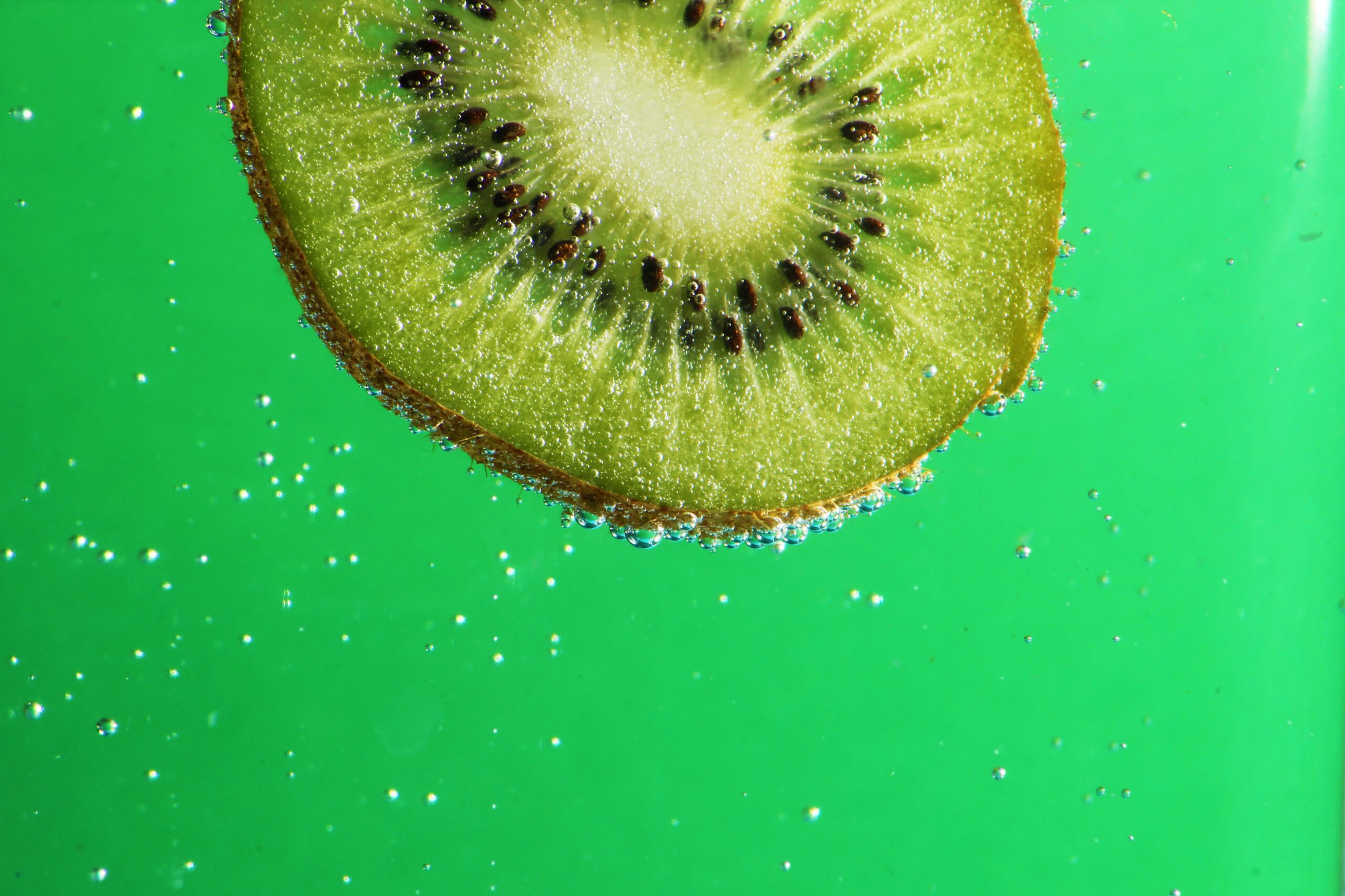Britt’s Tips: 10 Strategies To Get A Great Night’s Sleep
Sleep. It’s funny to think about that part of our 24-hour day where we aren’t actually doing anything as one of the most important ingredients in rebuilding and maintaining health.
I cannot emphasize this enough: Without adequate sleep, our bodies cannot function properly and any effort we make to eat healthfully or exercise is undermined.
More than many other societies, ours in the US places a high value on busyness. We are often judged based on how productive we are and how much we are able to accomplish. For example, in our work places there is a common understanding that we’ll be rewarded for skipping lunch breaks, answering emails at all hours, getting in early and leaving late. It’s not just at work that this happens either. Socially, we prize those among us who seemingly do it all. Take the idealized image we have created of the mom who never misses a beat managing career, kid’s sports, social activities, and the single-handed running of a household.
All of this pressure to maximize productivity has many of us tapping into the hours that would normally be sanctified for rest and rejuvenation.
It might seem to happen overnight, but typically when we find ourselves depleted and running on caffeine it has been something that’s occurred slowly over time. Often it starts with just a one-time exception, “I’m going to pull an all-nighter to finish this paper”, but then our behaviors continue to slowly erode at our sleep.
“All of this pressure to maximize productivity has many of us tapping into the hours that would normally be sanctified for rest and rejuvenation.”
If this is exactly what has happened to you, consider this your invitation to prioritize rest again and rebuild some positive habits to improve your health!
1.) Make sleep a priority. I touched on this a bit earlier, but just for emphasis: No matter what your wellness goals are, improving sleep quantity and quality is going to be a key ingredient. Getting more and better sleep doesn’t usually happen as a happy accident. It’s something that is worthy of your time and attention, and deserves to be made a priority.
Think about an evening you spent at home recently. What did your schedule look like? Where did you spend your time? How did you prioritize sleep in relation to that new Netflix show? Or, maybe tidying your house before bed? Often times, sleep gets placed as the lowest priority and it ends up costing us our health. Be ready to renegotiate what actually needs to be done before bed. This might mean questioning your beliefs on what tasks are wants vs needs, and could challenge that perfectionist voice in your head that says “Everything has to be in order before I am allowed to call it a night”.
2.) Limit light exposure at night Our bodies have been adapted for a very different environment than we currently live in. By no means have we evolved for our modern lifestyles that are often characterized as largely sedentary, highly stressful, and inundated with artificial light. The environment that our bodies are actually designed to thrive in has plenty of natural day time light exposure from the sun, and limited to no light at night time. This day to night cycle is one that our bodies naturally follow. We disrupt this cycle and the related hormones by not spending enough time outdoors during the day and exposing ourselves to night time light from our electronic devices (think, phones, tablets, TVs).
Melatonin is produced naturally when our bodies sense darkness descending. Critical for quality sleep, melatonin is also a master hormone that can influence many other hormones. Several studies have also linked healthy melatonin production to reduced risk of cancer. When we are exposed to night time lights (be it street lights, lamps, back-lit electronic devises) melatonin production is blunted and our sleep quality diminishes. That may be why those who live in cities with increased light pollution are at higher risk of cancer.
Although it may be tempting to consider supplementing with melatonin, it’s not something I recommend for my clients as it has the potential to negatively impact hormone balance. You can naturally boost melatonin by decreasing night time light exposure. Putting away electronics 1-2 hours before bed, getting rid of or blocking any lights in your bedroom (such as those from an alarm clock or night light), using blackout shades and/or blackout window film, wearing amber glasses in the evenings before bed, and installing a blue light reducing app on your phone are all practical strategies to reducing your night time light exposure.
3.) Your bedroom is your sanctuary It’s critical to respect the space of your bedroom by only using it for sleep and sex. That means, no TV in the room, no work emails, no homework, no snacks, no arguments. If you want your body to naturally relax and get ready for rest when you come into your room, treat the space a special oasis and sanctuary.
4.) Limit your caffeine intake Thanks largely to gene variants, we all metabolize caffeine a little bit differently. Some of us are quick to breakdown and excrete caffeine, giving us a higher caffeine tolerance. Others may take longer to metabolize caffeine and can be affected by a cup of coffee for longer. Knowing where you are in this spectrum doesn’t require a genetic test. Simply listen to your body. If you find that you are having trouble falling asleep at night, try reducing your caffeine intake and having your last cup a little earlier in the day to ensure your body has plenty of time to break it down.
“Getting more and better sleep doesn’t usually happen as a happy accident. It’s something that is worthy of your time and attention, and deserves to be made a priority.”
5.) Be mindful of when you take your daily supplements Some vitamin supplements may interrupt melatonin production or give us a surge of energy when we take them. I generally council my clients to take vitamin D and any B vitamin supplements earlier in the day so as to avoid any negative effects on sleep.
6.) Create the perfect sleep environment In addition to blocking light from your room and treating your bedroom as a sanctuary, you can enhance your sleep environment further by controlling temperature and noise. The ideal temperature to sleep in is thought to be between 60-67⁰ Fahrenheit. Cooling your room down before bed could help you to achieve an ideal night’s sleep.
Another factor that often has a poor effect on sleep is noise, be it from the street below your apartment, your neighbor’s dog, or your husband’s snoring. While trying to address the source of the noise might be possible in some situations, sometimes that’s not an option. What I use in my home is a white noise machine which can help to soften or drown out noises that may interrupt sleep.
7.) Optimize your sleep nutrition Although a common part of our eating culture, enjoying an after-dinner desert or a cocktail nightcap may actually be counterproductive to achieving a great night’s sleep. The reason for this is a phenomena called reactive hypoglycemia. You can read more about how sugar interrupts sleep in this earlier blog article.
8.) Exercise in the morning Just like we learned about with melatonin production, our bodies have other hormones involved in our sleep-wake cycle. Cortisol is known as our stress hormone and is produced by our adrenal glands. When our stress response and sleep-wake cycle is functioning as it should, there will be a peak in cortisol levels right before we wake up (this is actually generally the reason that we come out of sleep in the morning) and will gently decline all day, reaching its lowest levels around bedtime. When we exercise (especially aerobic, HIIT, bootcamp-style fitness classes) in the later part of the day, it can actually disrupt this natural cycle of cortisol and promote higher levels before bed. This distortion of our natural cortisol rhythm can keep us awake and prevent us from sleeping deeply.
9.) Manage stress all day I’ve been guilty of this myself: stressing out all day long, practicing shallow breathing, skipping meals, drinking way too much caffeine, and go 100 mph right up to the point where it’s time to go to bed. Then I lay in bed awake wondering why it’s so hard to go to sleep.
To sleep well at night, it’s important to manage stress all day long. Taking breaks to go for walks, talk to friends, do something that we enjoy, or unwinding with a hot bath or a good book can be great strategies to keep your stress levels more manageable before trying to take all of it to bed with you.
Another strategy that I have found helpful is journaling or making a list of everything that’s on your mind before going to bed. Sometimes just writing everything down can help to put things in perspective and may even reveal some ‘must-do’ tasks that are actually non-essential and can be let go.
10.) Use botanicals to support restfulness Plants are our friends! And I don’t just mean that you should eat your veggies (though, obvs you should). Many plants have specific properties that can reduce stress and help us to feel calm in order to get a great night’s sleep. Essential oils like lavender or lemon balm in lotions, bath soaks, or diffusers create a tranquil environment and help get us ready for a good night’s sleep. There are also botanical supplements that can be found in tea or capsule form that can support restfulness. My favorites include ashwagandha, rhodiola, valerian, hops, lemon balm, and passion flower.
Sleep is such a critical part of our wellness practice. Without proper rest, virtually none of our health goals are attainable. Although there can be a lot of pressure to forego sleep in trade for other items demanding of our attention, it’s important that we honor our bodies and give them the time they need to rejuvenate and heal. Drop a comment below with your favorite bedtime routines, or maybe the positive effect that better sleep has had on your health!



